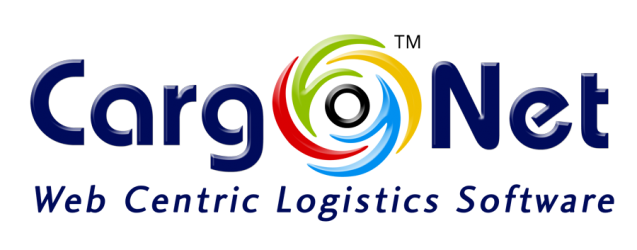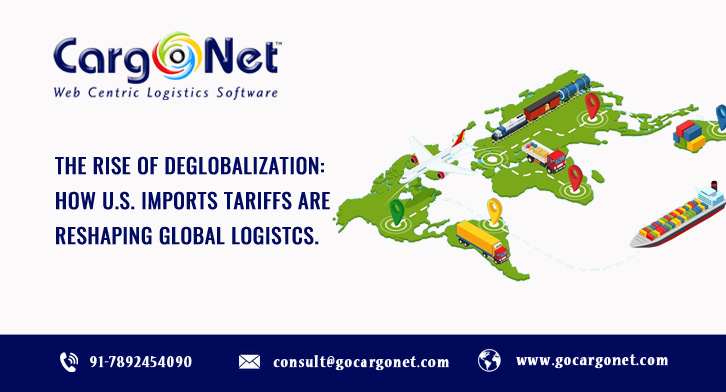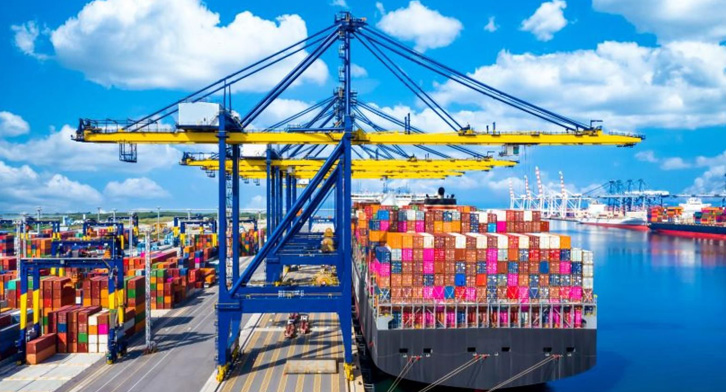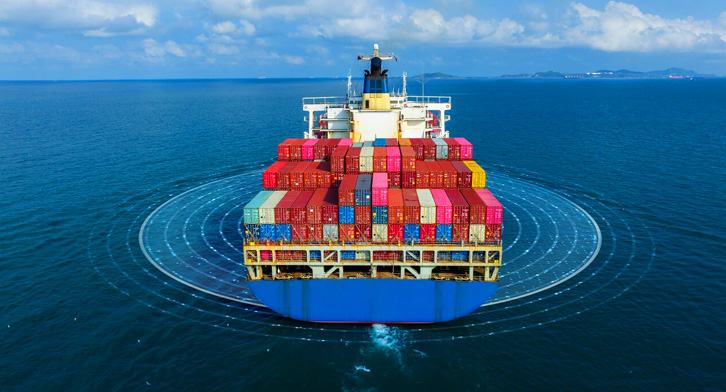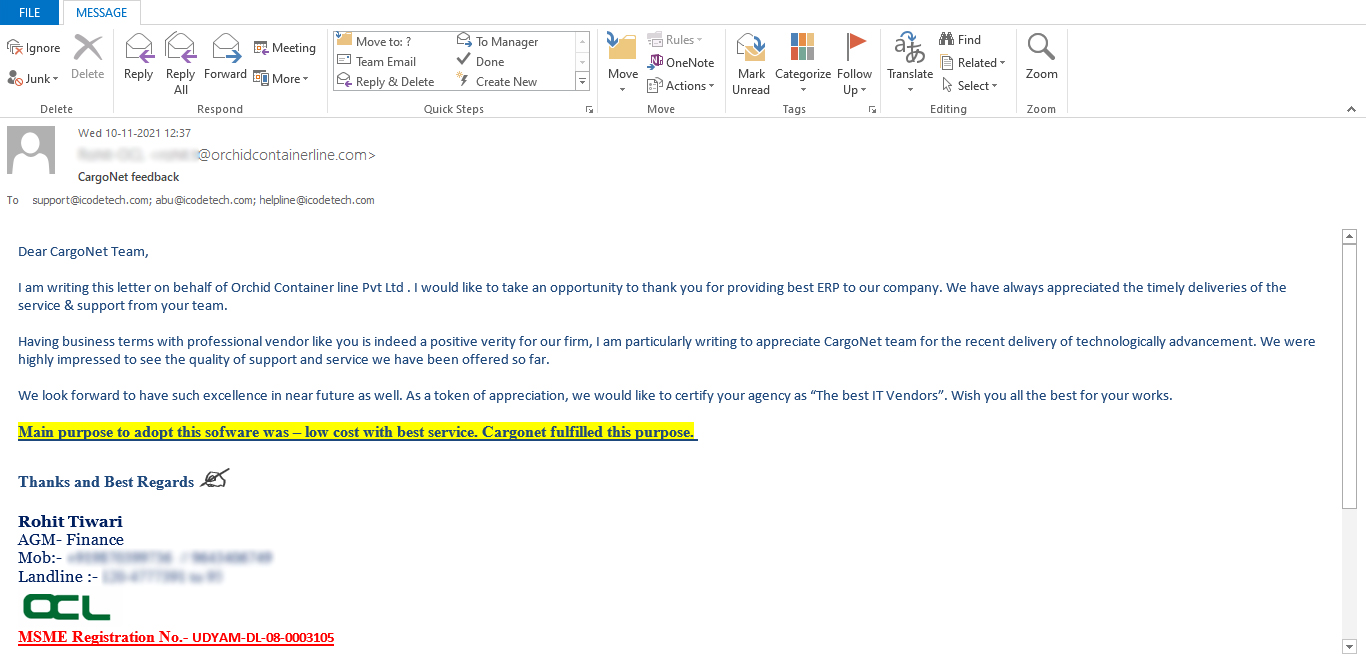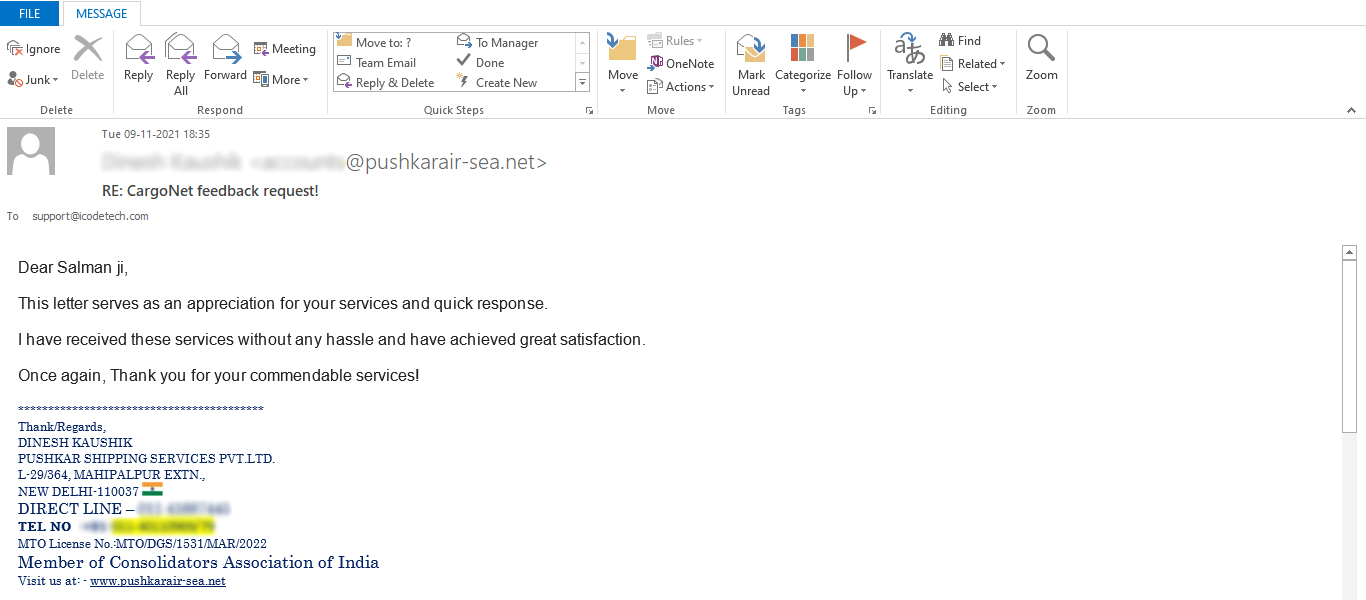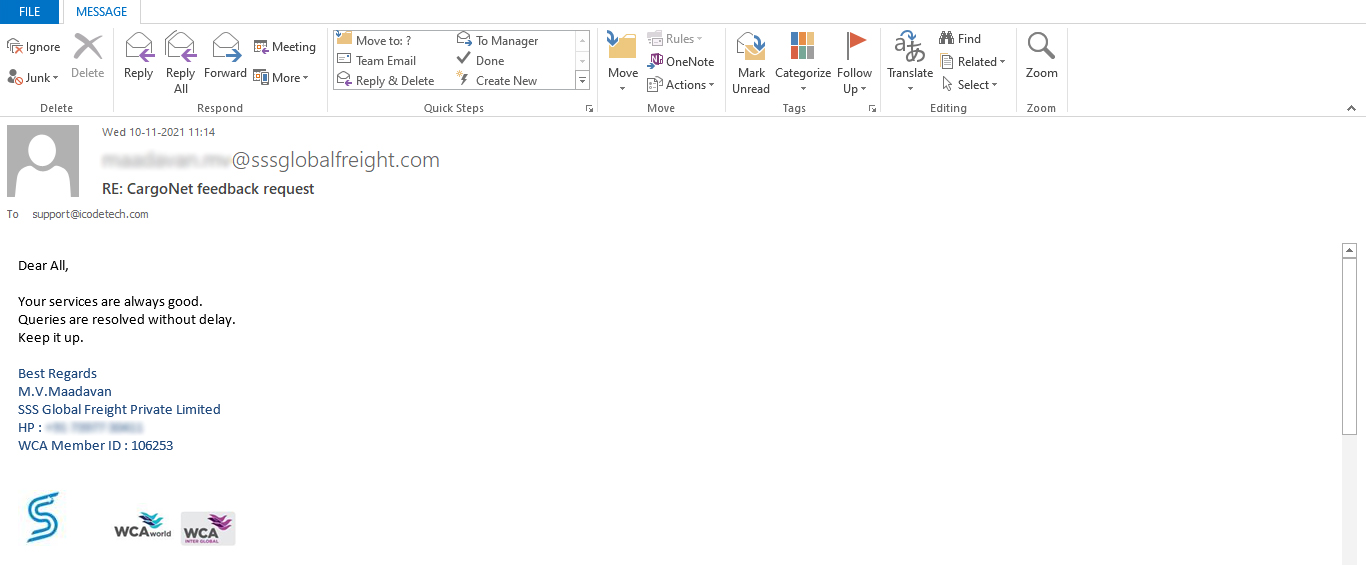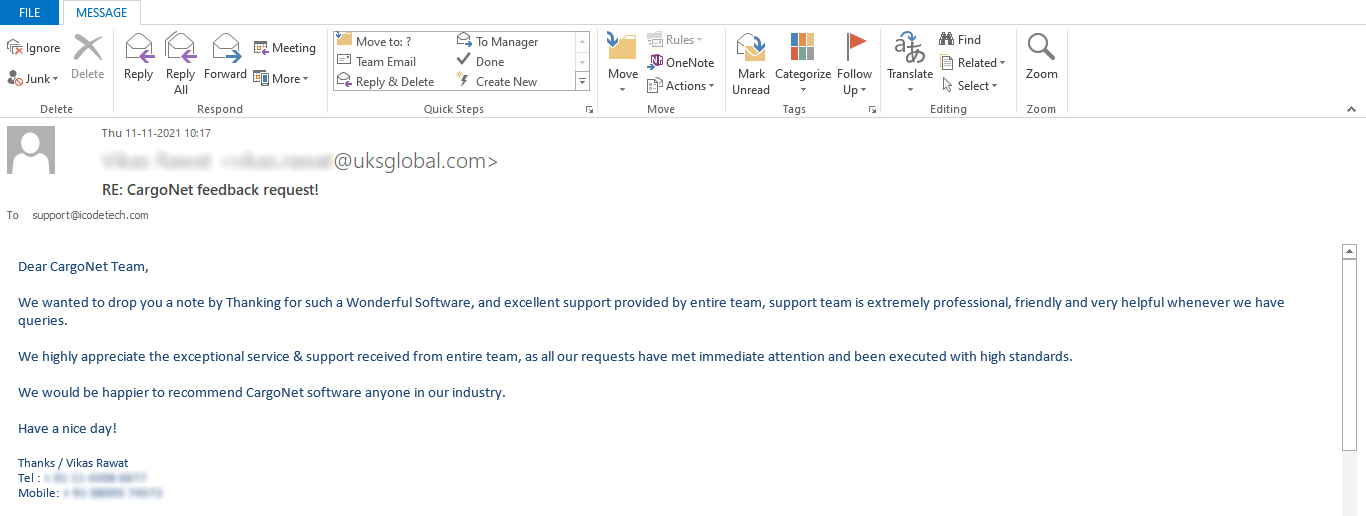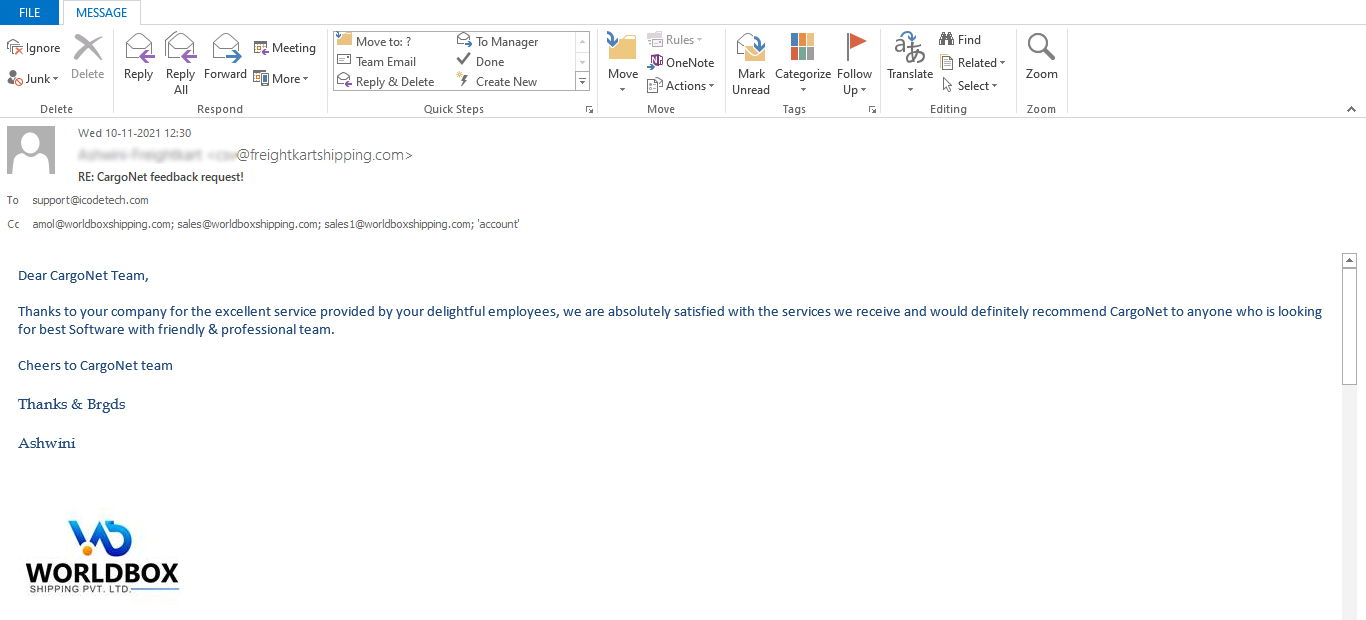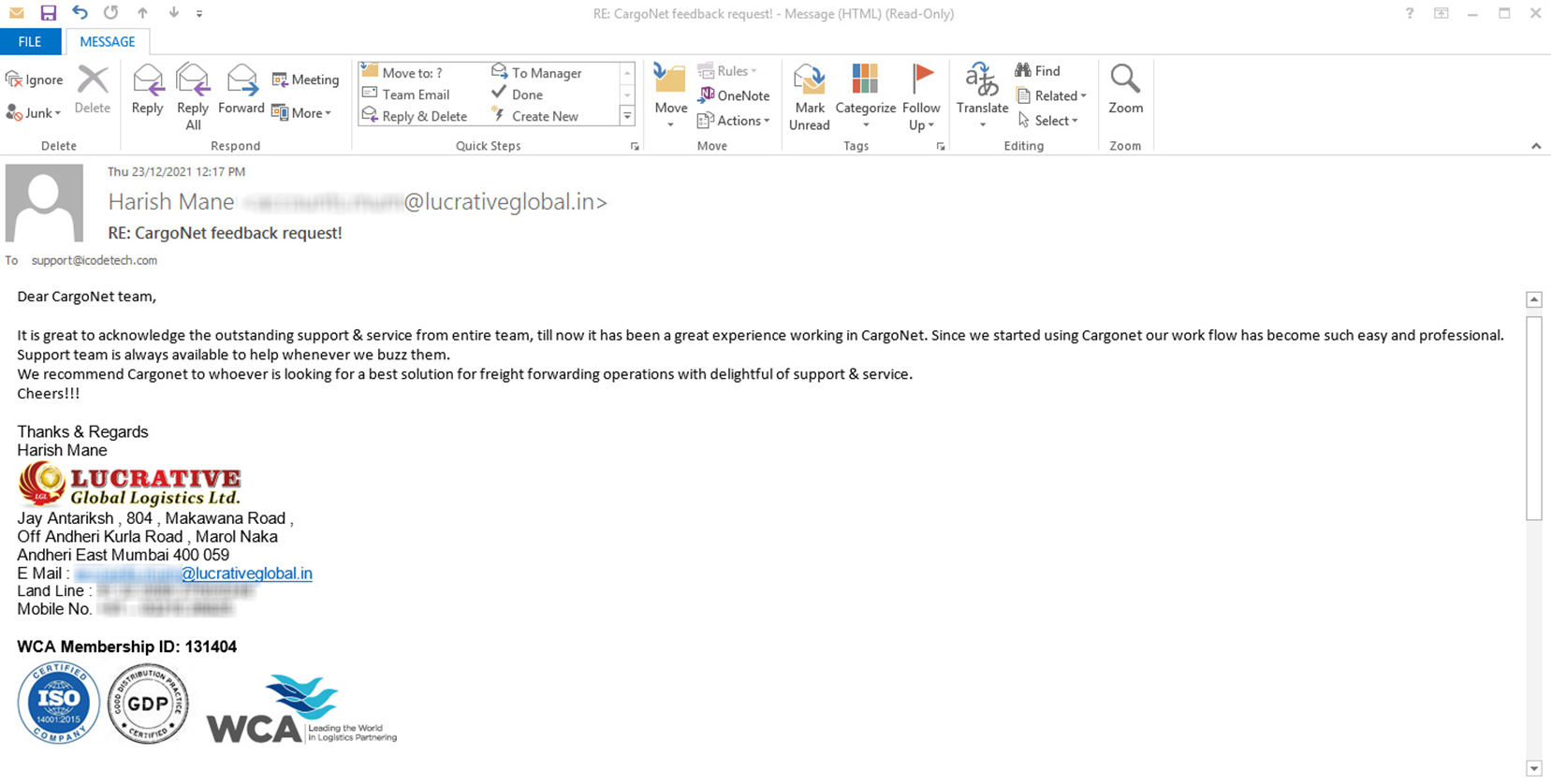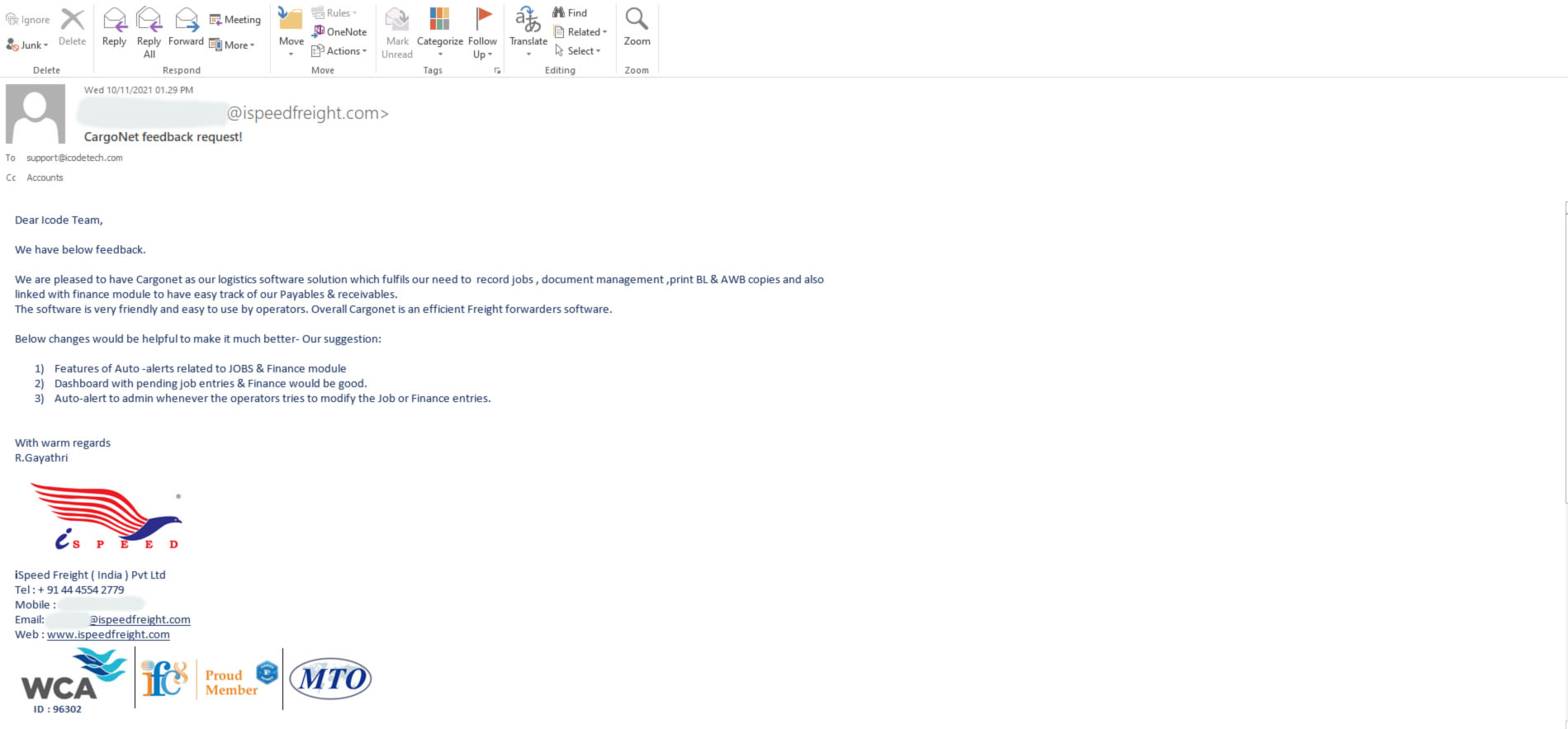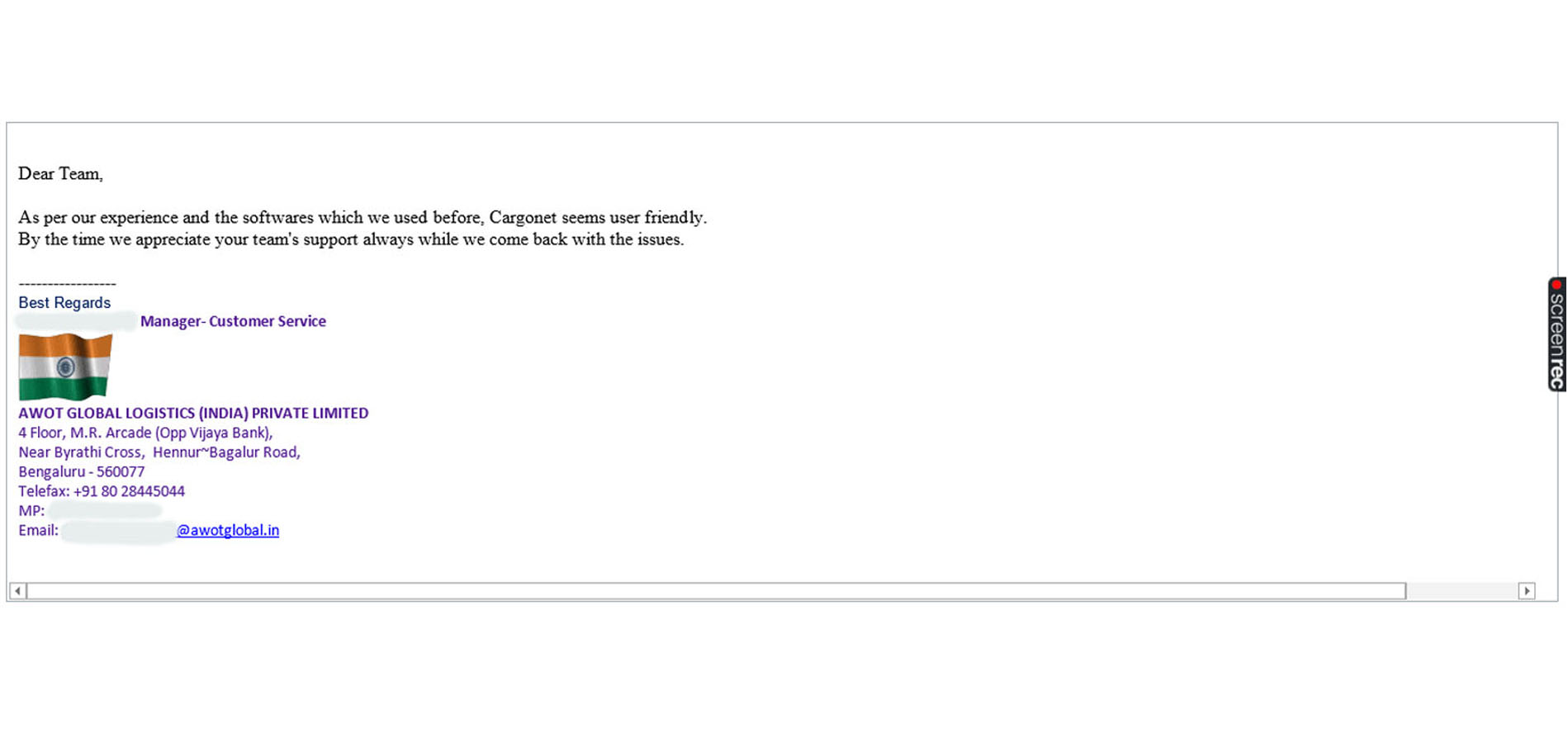In 2025, the United States introduced sweeping new tariffs—a flat 10% tax on all imports and higher rates on goods from countries like China and Vietnam. This bold move aims to boost domestic manufacturing and reduce reliance on global supply chains. However, the ripple effects are being felt across the world, from ports in Southeast Asia to factories in Europe.
As the global economy adjusts, logistics and supply chain professionals face new challenges and must rethink how goods are produced, transported, and delivered.
What Is Deglobalization?
Deglobalization refers to the shift away from global supply chains toward more local or regional ones. Instead of sourcing parts from one country, assembling in another, and shipping worldwide, companies are now streamlining operations to reduce risk and improve resilience.
Why Deglobalization Is Accelerating in 2025
Several real-world factors are driving the move toward deglobalization:
1. Tariff and Trade Policy Changes
In 2025, the U.S. introduced a 10% flat tax on all imports, along with additional tariffs on certain countries to promote domestic manufacturing. This has made global sourcing significantly more expensive.
2. Geopolitical Tensions
Conflicts like the U.S.-China standoff, ongoing Russia sanctions, and Red Sea shipping disruptions have made cross-border trade riskier and more unpredictable
3. Unreliable Global Logistics
Challenges such as container shortages, port congestion, and labor strikes persist. These issues delay shipments and increase costs
4. Inflation and Currency Instability
Global inflation and volatile currency rates are disrupting pricing and planning for cross-border operations
How the 2025 U.S. Tariffs Are Changing Logistics
1. Nearshoring and Regional Sourcing
Companies are moving production closer to home to avoid tariffs. For example, a U.S. electronics firm might shift from China to Mexico, shortening lead times and bypassing the 10% import tax.
2. Higher Supply Chain Costs
Tariffs drive up product costs. As a result, companies are spending more on warehousing, transportation, and inventory holding.
3. From JIT to JIC Inventory Models
Many businesses are replacing Just-in-Time (JIT) models with Just-in-Case (JIC) strategies—storing more goods domestically to prepare for disruptions.
4. Supplier Diversification
Firms are no longer dependent on a single country like China. Instead, they’re spreading sourcing across multiple regions, increasing resilience.
5. Reshoring and Domestic Production
Some companies are bringing manufacturing back to the U.S., even at higher costs, to gain more control and avoid tariffs.
How Deglobalization Affects Global Trade Partners
- China faces lower U.S. demand, pushing it to expand ties with Asia, Europe, and Africa.
- Vietnam, Thailand, and Malaysia are hit with extended tariffs, reducing their attractiveness as alternatives.
- Europe is reassessing its export strategy to the U.S.
- Developing countries dependent on U.S. exports risk slowed growth.
Regional trade is increasing, particularly within blocs like USMCA (U.S., Mexico, Canada) and the EU
Challenges for Logistics and Supply Chain Leaders
- Infrastructure strain: Inland and regional hubs may not be equipped for increased volumes.
- Higher operational costs:Domestic transport, labor, and warehousing are expensive.
- Compliance complexity:Trade documentation and customs processes are multiplying.
- Transition time: Restructuring supply chains isn’t instant.
How Logistics Providers Can Adapt
Invest in Regional Hubs
Build distribution centers in Mexico, Canada, or the U.S. Midwest to better serve new supply routes.
Embrace Technology
Use AI for route optimization and real-time tracking.
Go Multimodal
Combine truck, rail, sea, and air for more flexible and cost-effective solutions.
Work With Local Experts
Partner with nearshoring specialists and customs professionals for faster compliance and transitions.
Practical Solutions for Global Traders
- Nearshoring to reduce risk and delivery time.
- Reshoringfor more control and tariff avoidance.
- Supplier diversificationto mitigate regional disruptions.
- AI-driven logistics to improve inventory and risk management.
- Real-time visibility to i to avoid delays and adapt quickly.
- Regional warehousing to cut transport times and improve delivery.
How CargoNet Helps You Navigate Deglobalization
Looking for a smarter way to manage logistics in a world of tariffs, trade shifts, and rising costs? CargoNet AI is designed to help businesses thrive in today’s deglobalized supply chain environment. Our platform uses AI to simplify logistics, improve visibility, and reduce risk.
Smart Warehouse and Inventory Management
With AI-powered multi-location warehouse control, you can move inventory closer to customers and reduce delivery times. No more guessing where to store goods—CargoNet helps you make fast, data-driven decisions.
Automated Trade Compliance for Tariffs and Regulations
Worried about navigating changing tariffs or regional rules? Our AI-based customs compliance tools keep your shipments moving. They automatically adapt to regulatory updates, so you stay compliant without manual effort.
AI-Driven Supply Chain Optimization
Disruptions happen, but CargoNet AI helps you stay ahead. Get real-time insights and smarter planning tools that recommend better shipping routes, alternative suppliers, and ideal inventory levels—all based on your business needs.
Modular and Scalable Logistics Platform
CargoNet connects every part of your supply chain—from local deliveries to international shipping—with AI modules that scale with your business. Whether you’re reshoring, nearshoring, or diversifying suppliers, CargoNet gives you full control.
Why Choose CargoNet AI for 2025 Logistics?
- Stay compliant with evolving global trade laws
- Cut costs with smarter warehousing and routing
- React faster to disruptions and shipping delays
- Improve delivery performance with predictive AI tools
Discover CargoNet AI Solutions and take control in a deglobalized world.
What Businesses Can Do Now
Rethink Supply Chain Strategy
Explore nearshoring, reshoring, and friend-shoring.
Build Supply Redundancy
Source from multiple countries or regions.
Digitize Operations
Use CargoNet Solution and logistics platforms to manage shipping, inventory, and compliance.
Work With Experts
Engage logistics consultants to optimize routes, reduce tariff exposure, and stay compliant.
Final Thought: A New Era of Supply Chain Strategy
Deglobalization is no longer a prediction—it’s here. The 2025 tariffs are a wake-up call for manufacturers, logistics providers, and traders around the world. While rising costs and tighter regulations pose real challenges, this moment also opens the door to innovation, strategic sourcing, and stronger regional partnerships.
Those who act quickly—by investing in flexible infrastructure, embracing new technology, and partnering with experienced logistics providers like CargoNet—will be best positioned to lead in the next phase of global trade.

